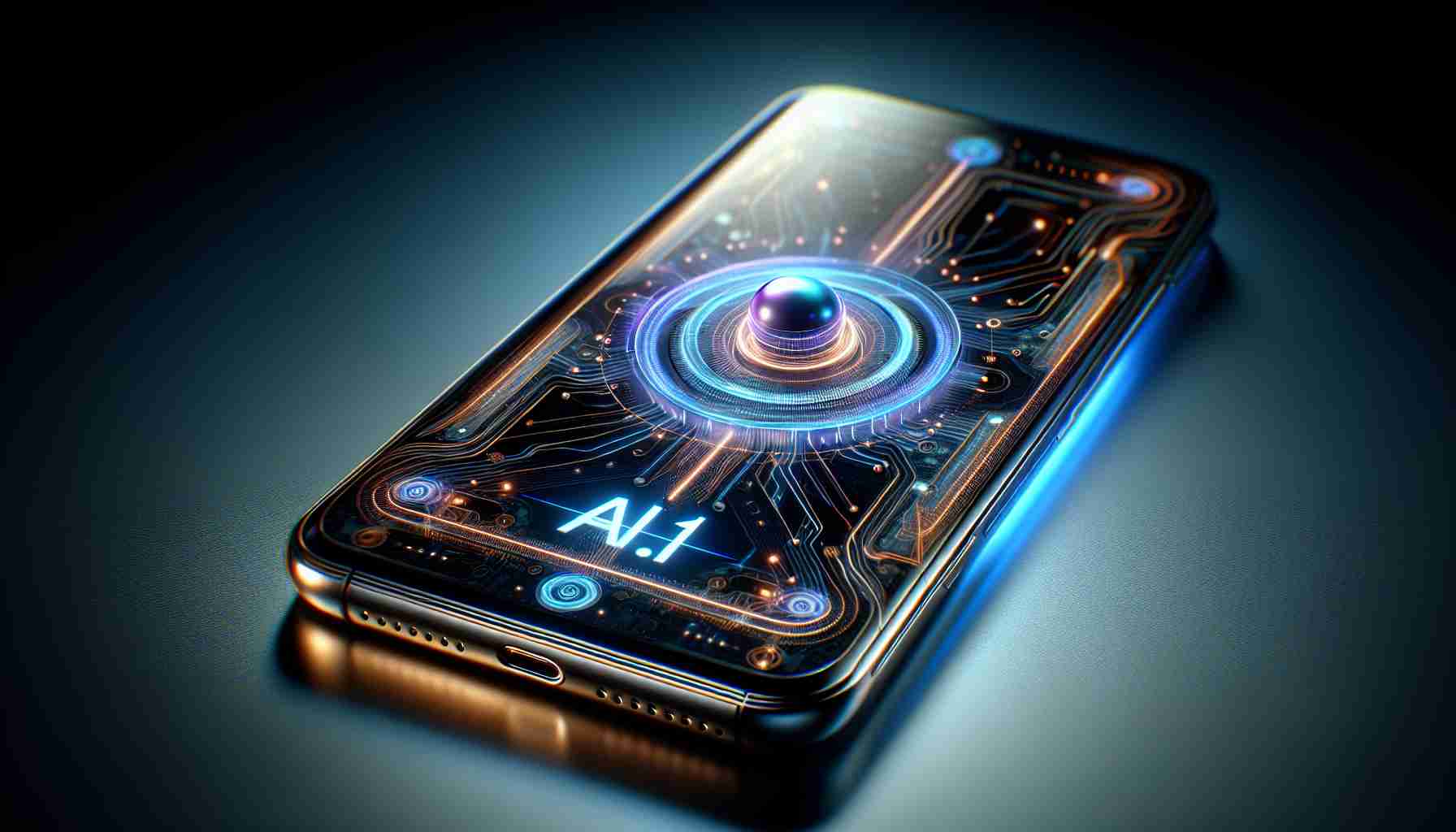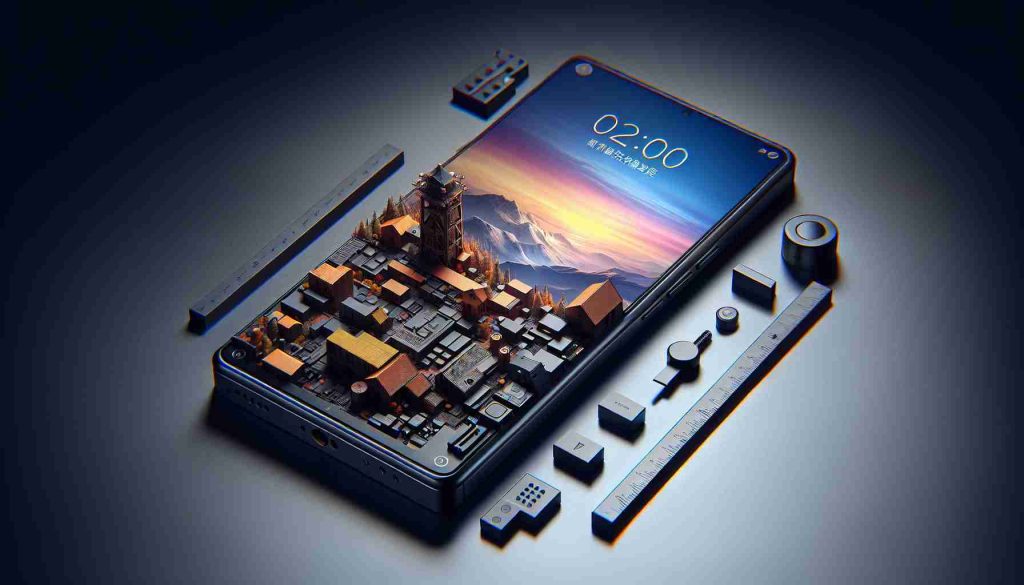Next week, Apple is set to unveil its highly anticipated iPhone 16 series, a smartphone that promises to redefine user interaction through advanced artificial intelligence. Industry sources indicate that the concept of Apple Intelligence will be at the forefront of Apple’s marketing efforts. During the recent developer conference, Apple introduced an upgraded version of its Siri voice assistant, now functioning as an intelligent agent capable of contextually understanding and processing information more effectively than ever before.
In a contrasting development, the tech firm Honor also made waves at the IFA 2024, showcasing the world’s first cross-application open ecosystem AI agent. This innovative feature will debut on the upcoming Honor Magic7 series. A hands-on demonstration revealed how the AI agent, named YOYO, could autonomously check and manage automatic subscription services for users.
As the tech landscape evolves, experts predict that Apple’s AI advancements will garner significant attention, especially concerning their global adaptability. Sources suggest that Apple is already collaborating with major Chinese AI firms to enhance its machine learning models.
With the increasing emergence of AI-centric smartphones, analysts anticipate a dramatic rise in generative AI smartphone shipments, projecting figures to reach over 200 million units by 2024. Many industry leaders agree that this has the potential to reshape the smartphone market, with Apple’s entry likely encouraging further innovation and competition within the sector.
Apple Geared Up for a Groundbreaking AI-Enhanced iPhone Launch
As Apple prepares to unveil its next flagship device, the iPhone 16 series, industry analysts are buzzing with speculation surrounding its revolutionary AI capabilities. The forthcoming models are rumored to integrate advanced AI technologies that not only elevate the user experience but also introduce new functionalities that set a new standard in the smartphone industry.
One major aspect of the upcoming iPhone is the deep integration of machine learning algorithms that will power a variety of personalized features. Reports indicate that users will experience AI optimized for real-time decision-making, enhancing everything from photography to battery management. This is expected to significantly improve operational efficiency, allowing the phone to learn from user habits and preferences over time.
Key Questions Surrounding Apple’s AI-Enhanced iPhone:
1. What AI features can users expect?
– The iPhone 16 series is likely to incorporate features such as advanced predictive text, contextual Siri responses, and smart photo editing tools that automatically enhance images based on user preferences.
2. How will privacy concerns be addressed?
– Apple has long been a proponent of user privacy. The new AI enhancements will reportedly operate on-device without extensive data sharing, which is critical for maintaining user trust.
3. What are the potential use cases for businesses?
– AI capabilities such as automated responses to emails and intelligent scheduling might make the iPhone 16 an essential tool for professionals, streamlining daily operations and increasing productivity.
Challenges and Controversies:
Despite the excitement surrounding the iPhone’s AI features, several challenges and controversies are on the horizon:
– Dependence on AI: As users become more reliant on AI, concerns arise about critical thinking and problem-solving skills being diminished.
– Data Security: While Apple emphasizes on-device processing, the potential for misused AI tools raises ethical questions regarding data integrity and surveillance.
– Market Competition: The aggressive introduction of AI features by competitors like Honor complicates Apple’s path, placing pressure on them to continually innovate.
Advantages and Disadvantages:
Advantages:
– Enhanced personalization can lead to a more user-friendly experience.
– Increased efficiency across tasks and improved device performance.
– The potential for breakthrough innovations in unrelated sectors, driving broader tech advancements.
Disadvantages:
– The potential for user dependence on AI might lead to diminished personal agency.
– Ethical considerations surrounding data usage and AI decision-making could provoke public backlash.
– High development costs could reflect in pricing, making the product less accessible.
In conclusion, Apple’s entry into the AI-enhanced smartphone market with the iPhone 16 series holds the promise of revolutionizing user interaction and setting new benchmarks for functionality. However, balancing innovation with ethical considerations and user rights will be paramount for its success. As the launch date approaches, consumers and industry observers alike eagerly await the unveiling of this new technological marvel.
For more information on Apple and its innovations, visit Apple’s official website.























